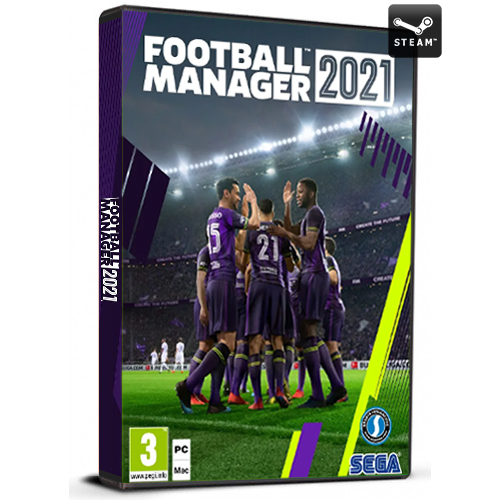

In the rest of this article, I'll look at a variety of players at different stages of their career, and how we can use individual training to get the most out of them. So, with that being said, what's the point in individual training if it doesn't improve role familiarity? Simply put, it's our opportunity to mould players by focusing on specific roles and attributes to make them as effective as possible in the roles and positions we want to use them in. This is nothing to do with 'familiarity' with the role, just whether or not a player has the tools to play that role. The stars to the right tell you how well his attributes suit certain roles.

When you open up the Tactics screen from the Development dropdown on a player’s profile, it automatically opens on the position which they are most familiar with, which for Olmo is Attacking Midfielder - but he's also natural as a Central Midfielder, which means he could play both to a very high level. Let's explore that idea using RB Leipzig star Dani Olmo as an example. The stars are how well the players' attributes fit the role you want them to play in.

When you look at a player's profile, those little green circles which you see are a player’s Positional Familiarity. There is no such thing as 'role familiarity'. One of the key things I want to make very clear from the outset is that Individual Training works best when it is paired with a well put-together team training schedule, but you will also still see results with your players if you do decide to leave Team Training to your assistant.įirst - let's dispel a myth. While previous articles on The Byline have spoken in depth about setting up Team Training to get the most out of your players throughout a season, K19x is here to look in some more detail at the benefits of the individual training regimes available to managers, and how they can help you mould the players at your club in a way that best fits your vision and goals. Training not only sets your team up for future success by working on players' attributes but it can also be used to fine-tune your team for big games, improve team cohesion and turn an average season into a great one. Of course, if you have a decent assistant, your team will trundle along nicely through training, certainly not regressing, but definitely not excelling. Training is one of those areas of Football Manager that a lot of us look at, think about, and then leave to our assistant.


 0 kommentar(er)
0 kommentar(er)
